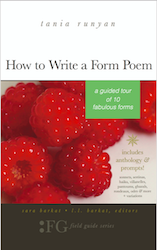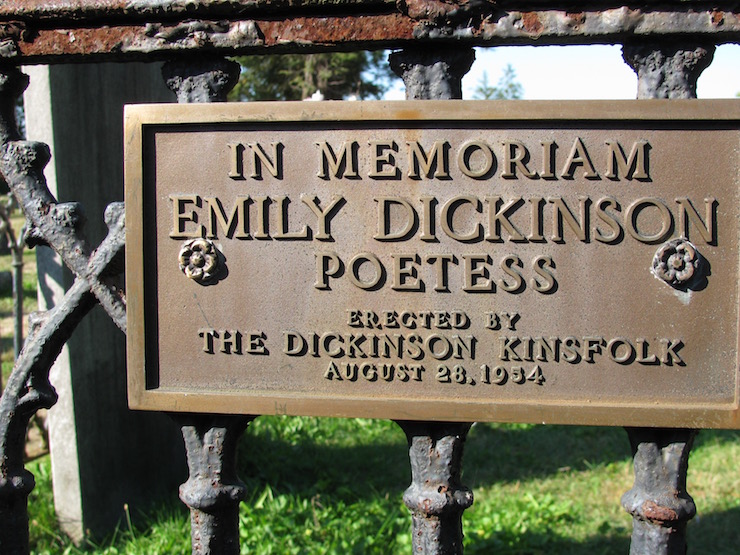< Return to Emily Dickinson Poems
XIV. LOVE’S BAPTISM.
I’m ceded, I’ve stopped being theirs;
The name they dropped upon my face
With water, in the country church,
Is finished using now,
And they can put it with my dolls,
My childhood, and the string of spools
I’ve finished threading too.
Baptized before without the choice,
But this time consciously, of grace
Unto supremest name,
Called to my full, the crescent dropped,
Existence’s whole arc filled up
With one small diadem.
My second rank, too small the first,
Crowned, crowing on my father’s breast,
A half unconscious queen;
But this time, adequate, erect,
With will to choose or to reject.
And I choose — just a throne.
—Emily Dickinson
From Poems: Second Series Edited by Mabel Loomis Todd and T.W. Higginson.
BUY ‘HOW TO WRITE A FORM POEM’ NOW!
About Emily Dickinson
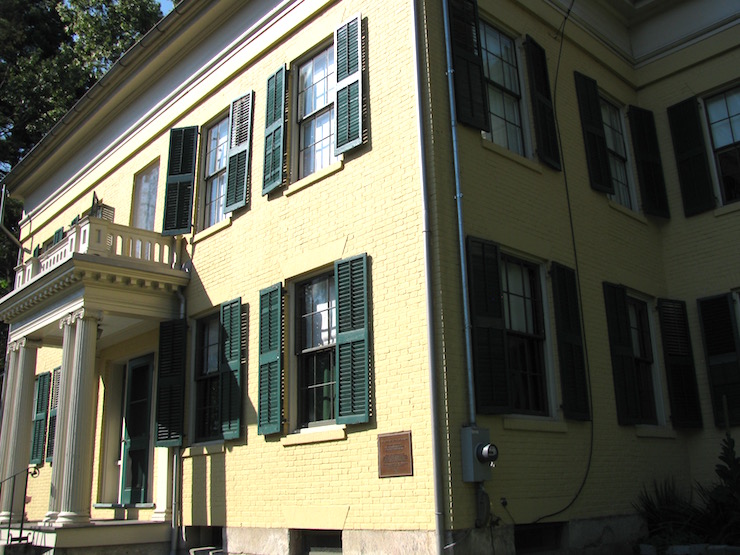
Emily Dickinson estate in Amherst Massachusetts
Emily Dickinson was born in Amherst, MA, in 1830, the daughter of state and federal politician Edward Dickinson. A prolific poet, Dickinson was known to draft poems on the backs of envelopes and chocolate wrappers. Nearly 1800 of her poems were discovered by her family following her death, many in 40 handbound volumes she had sewn together, written in her own hand with her famously unorthodox punctuation.
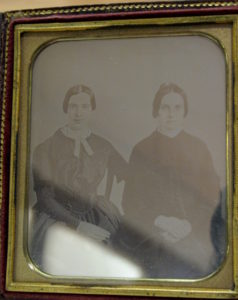
Emily Dickinson & Susan Gilbert
She lived with her sister, Lavinia, while her brother Austin and his wife, Susan Gilbert, lived down a narrow path on the property. Her writing reflects profound loneliness as well as a deep capacity for love and affection, much of which is believed to have been shared with Gilbert.
Her first collection of poems, Poems by Emily Dickinson, was published four years after her death, with Poems: Second Series and Poems: Third Series following in the next several years.
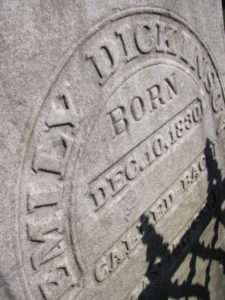
“Called Back”
She was born on December 10, 1830, and today visitors to Emily Dickinson’s grave can witness a lasting image of her perspective on life. The etching on her stone marking the date of her death—May 15, 1886—bears the words “Called Back.”
Photos in bio by L.L. Barkat. Used with permission.
